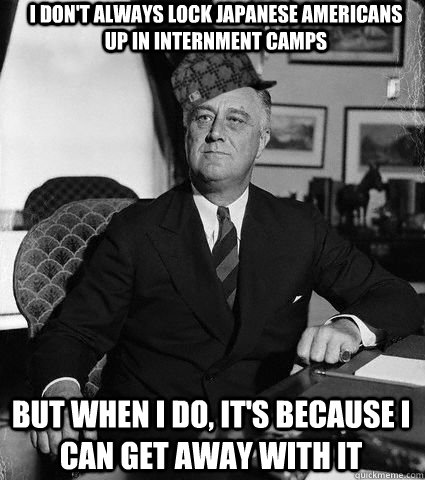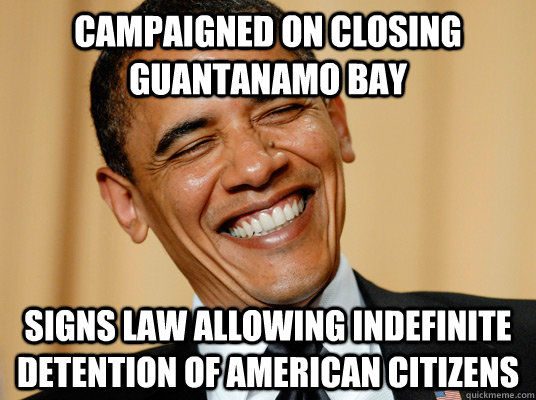
As one of the most worst law cases, Korematsu v. United States (1944) said the government can make a racial classification in the interest of national security.
The facts of Korematsu v. US are simple. At the time of World War 2, General Dewitt ordered the internment of all US Japanese citizens. Fred Korematsu (Petitioner) refused to comply with presidential order 9066 and was convicted by the US Supreme Court.
Additionally, here’s the issue of the Korematsu case: Could the government exclude Japanese people from the West Coast?
The US Supreme Court held the following in this case: Yes, it’s constitutional for the US government to exclude US Japanese citizens from the West Coast.
In dissent, Justice Murphy called this decision racist. Murphy said, “I dissent, therefore, from this legalization of racism. Racial discrimination in any form and in any degree has no justifiable part whatever in our democratic way of life…They[US Japanese citizens] must, accordingly, be treated at all times as the heirs of the American experiment, and as entitled to all the rights and freedoms guaranteed by the Constitution.” Justice Murphy was one of three to dissent in this case.
Furthermore, Justice Robert Jackson dissented because Korematsu set a bad precedent. Jackson said, “The principle then lies about like a loaded weapon, ready for the hand of any authority that can bring forward a plausible claim of an urgent need. Every repetition imbeds that principle more deeply in our law and thinking and expands it to new purposes.” Jackson said this precedent could be used in the future to discriminate against other US citizens.
The Korematsu decision led to the opening of Guantanamo Bay camp. George Bush opened this camp after the 911 terror attacks. The Korematsu decision allowed for the detainment of enemy combatants deemed threats to the national security.
Interestingly, President Donald Trump cited FDR for detaining US Japanese citizens when wanting to ban Muslim Americans from America. Trump said FDR did worst by locking up US Japanese citizens in internment camps. Therefore, he could ban Muslim Americans from the United States for being national security threats.
That being said, in 2011, the US Solicitor General Neal Katyal apologized to the Supreme Court for past government lawyers submitting misleading information about US Japanese citizens. In his Error of Confession letter, he said false government reports, which twisted and withheld evidence, were made about US Japanese spies and sabotage. This apology was made to the US Supreme Court.
In summary, Korematsu set a bad precedent. Today, the Korematsu decision is used to justify locking up people indefinitely in Guantanamo Bay. Plus, it gives presidents the authority to make racial classifications and lock up US citizens in the interest of national security.
